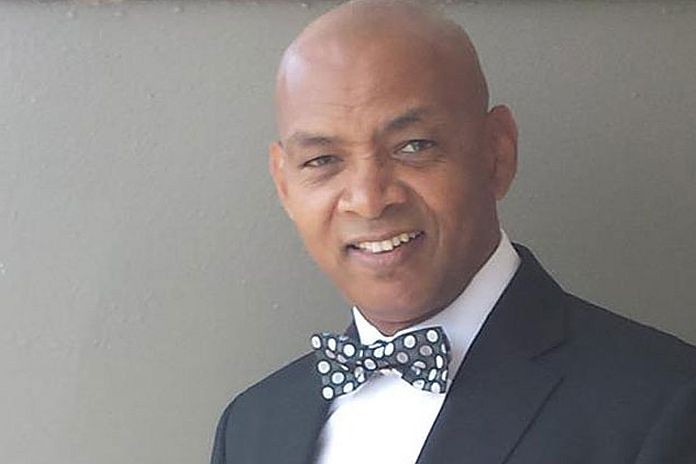By Dr Neals J. Chitan
There seems a universal expectation of police wherever they are on the planet. The word “Enforcement” pretty much sums up the expected police response when a call for help reaches their front desk. Civilians and lawmen alike have this predictive “take control” response to the call for help which unfortunately is the usual “bad boy” enforcement approach to match the “bad boy” attitudes they expect to encounter on the streets.
Over the past decades, North America has been plagued with incidents of police officers’ indiscretions when it comes to dealing with the public, leaving a trail of fatal tragedies, and igniting protests globally. In our Caribbean region, we have not been immunized from this reality as we too have seen instances where rogue cops have heavy handily and impulsively responded to situations with traditional presuppositions thus bringing out the worst in the parties involved.
This week we experienced a spate of violence in Grenada which has the potential to increase as the copycat syndrome fuels the bloody thirst for anger and revenge. With even police officers themselves being targeted, The Royal Grenada Police Force (RGPF) is definitely on high alert to respond quickly and take control of situations that may arise. However, the manner of the response can either create more distrust in the police by the public or be the interaction that will win their confidence.
In my work in Grenada as a Social and Behavioral Interventionist, I am deeply appreciative of the presence of Constable Laurie Williams on my team, a young officer who through our association and interaction has adopted our “Encouragement Above Enforcement” mantra and has been trained in the art of Community Connections and Policing. Recently, Constable Williams was the proud recipient of RGPF’s Commissioner Award for Community Policing, an award I am super proud of him for.
As a team, we are on the road daily, supporting and intervening in schools, homes and communities encouraging civic behaviour among our youthful citizens. And so, on Tuesday as we drove from a home in Mirabeau, St Andrew and made our way to Mt Horne, we came upon a situation where police officers from Grenville police station were engaged in a situation with a young man.
As we quickly pulled over to see if they needed our help, I was drawn to Corporal 204 John who had his arm around the young man’s shoulder encouraging him to cooperate. This young man is known to have a mental disorder and should be on routine medication. However, on that day he refused the medication and was seen wielding a machete in hand walking in the public.
I looked on and listened as Corporal John and his partners encouraged and pleaded with him to cooperate and take the medication. He was very reluctant and was pulling away from Corporal John, but the goodly gentleman and officer hugged him even closer and with soothing tones encouraged him to comply. With a nurse ready to administer the medication in the police van, Corporal John and his men were able to persuade him and in a few seconds, he was fully medicated and on his way.
My mind immediately raced back on the numerous unprovoked police beatings and killings of civilians I have heard of or dealt with in North America and thought to myself; it would have been a breeze for four police officers to get a young man to take his meds in North America. Enforcement would have raised its ugly head and a forceful brutal take-down would have him pinned and injected in no time.
However, amidst the bad news of this violent week, it was refreshing to witness the encouraging touch of Corporal 204 John and his Grenville police officers again, one that I experience daily in the demeanour and voice of my friend, colleague and teammate of Grenville Police Station, Constable Laurie Williams.
Hats off to RGPF. Let’s keep encouraging. It works!





